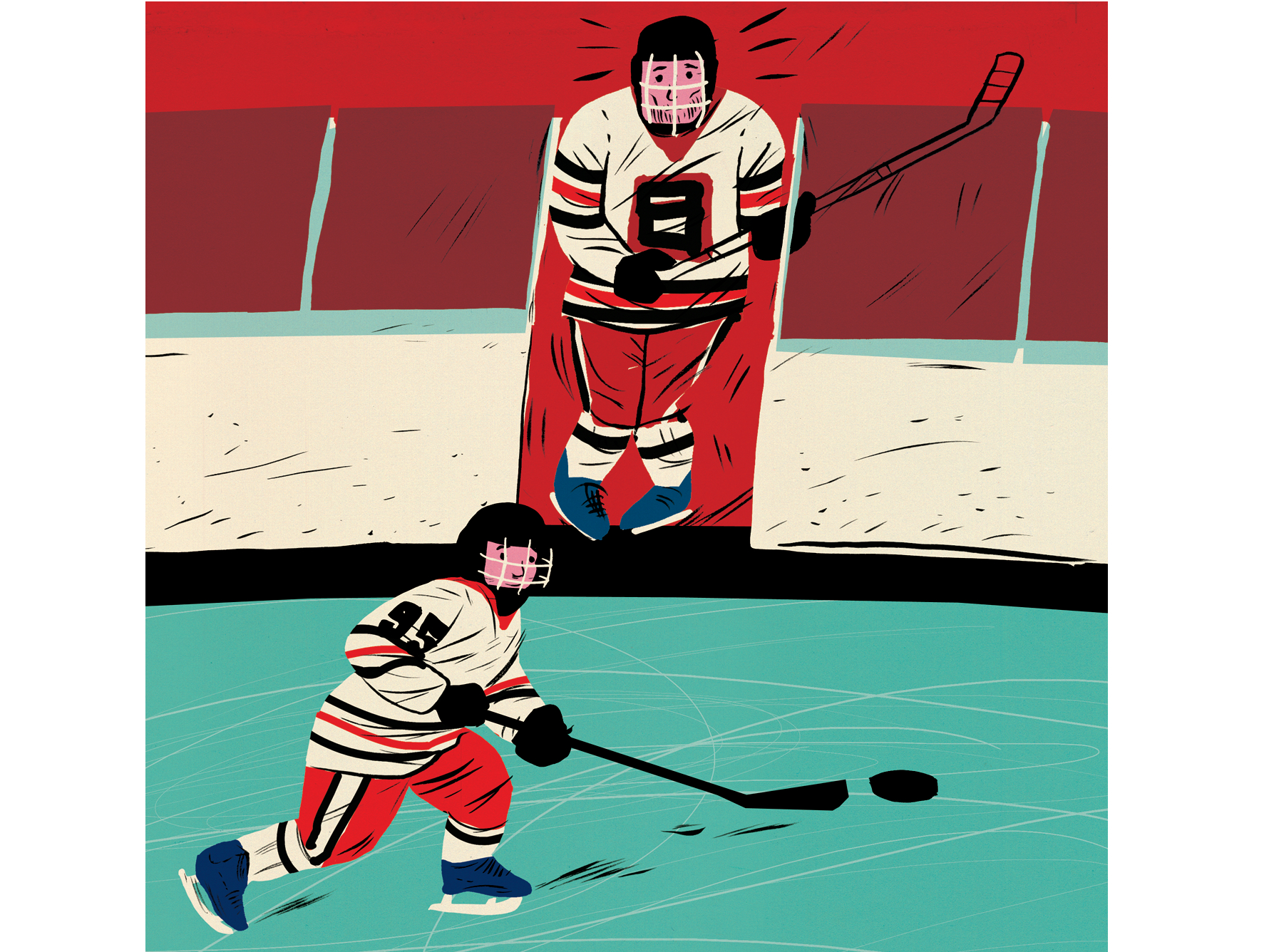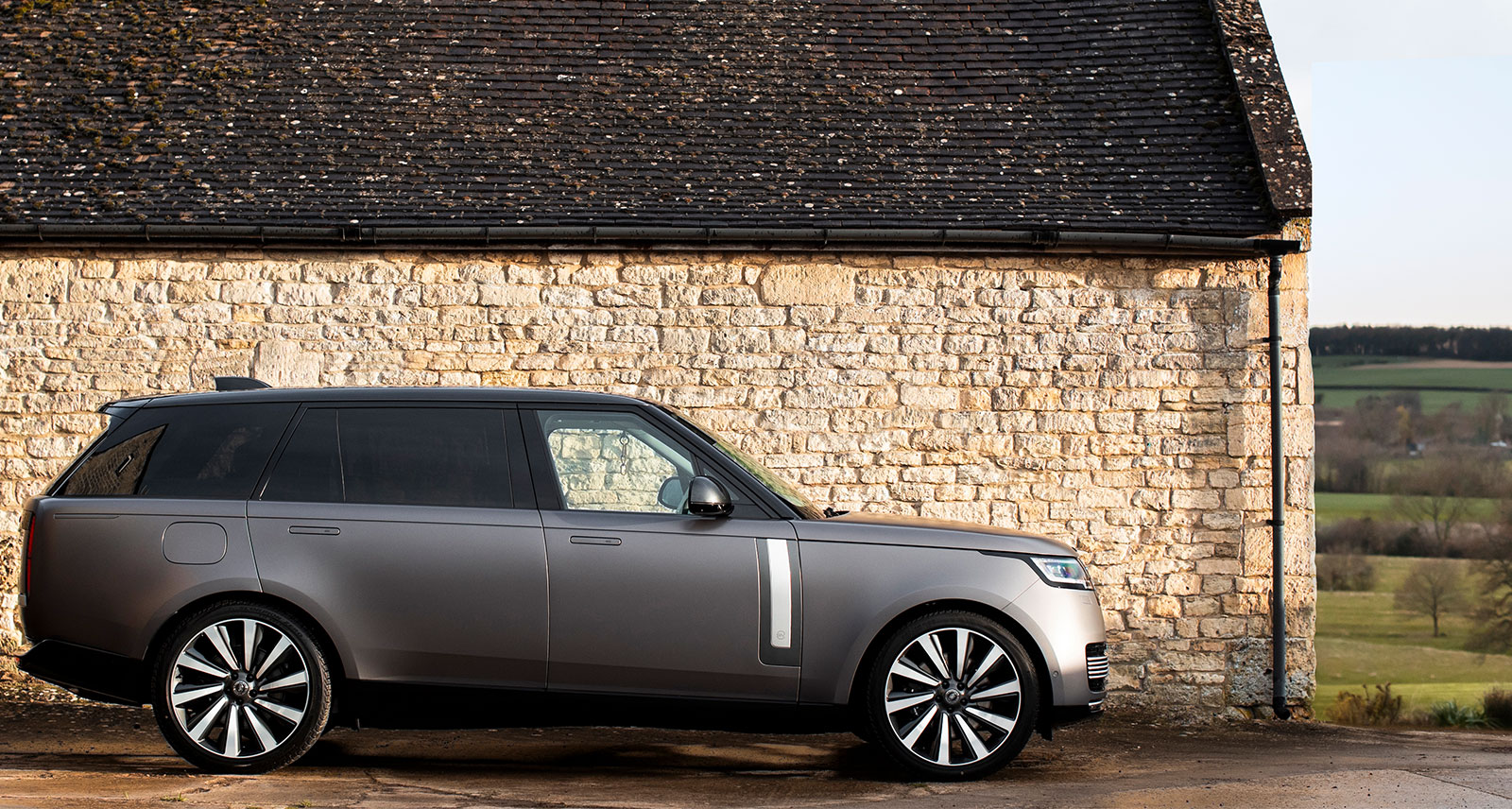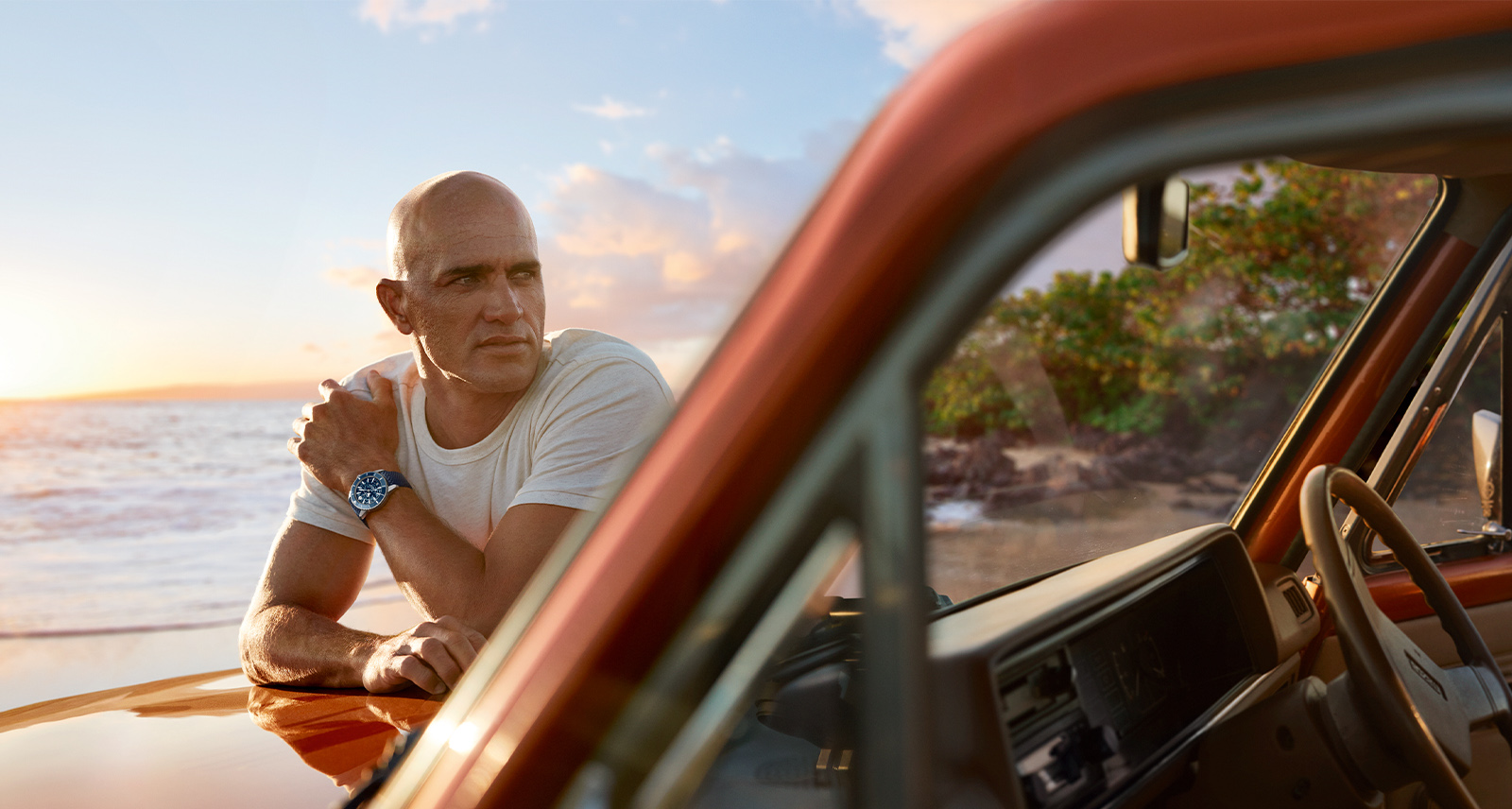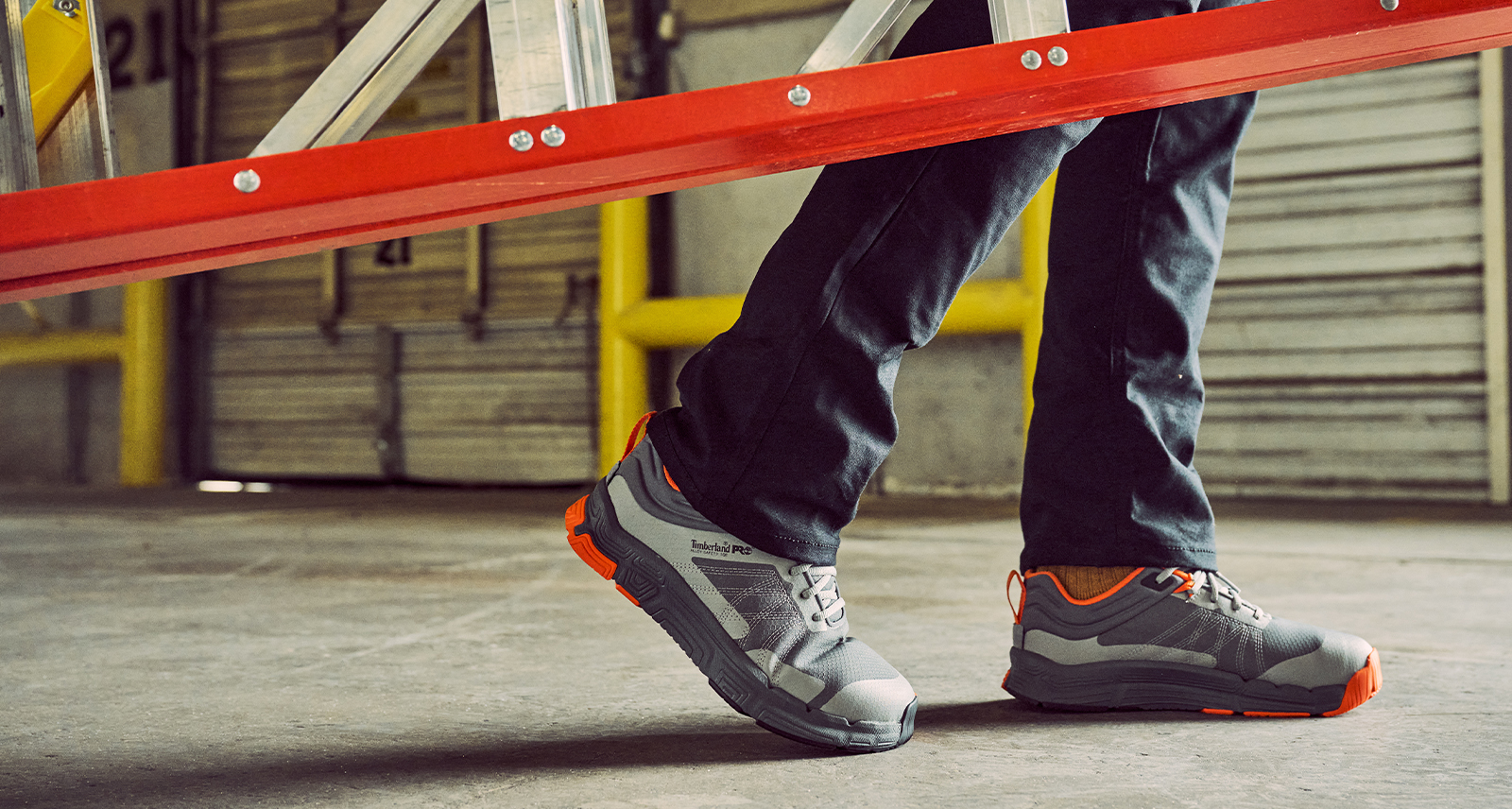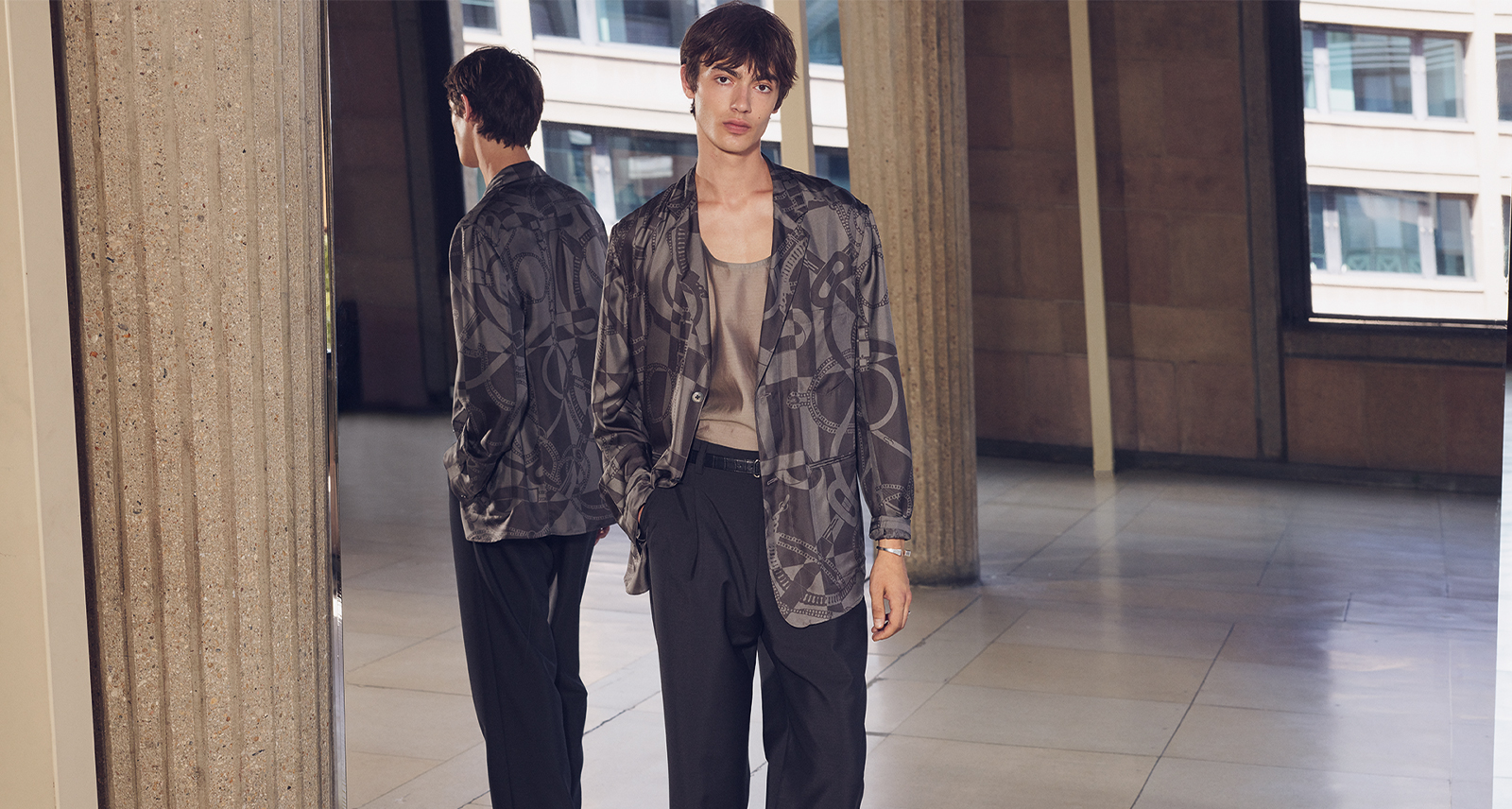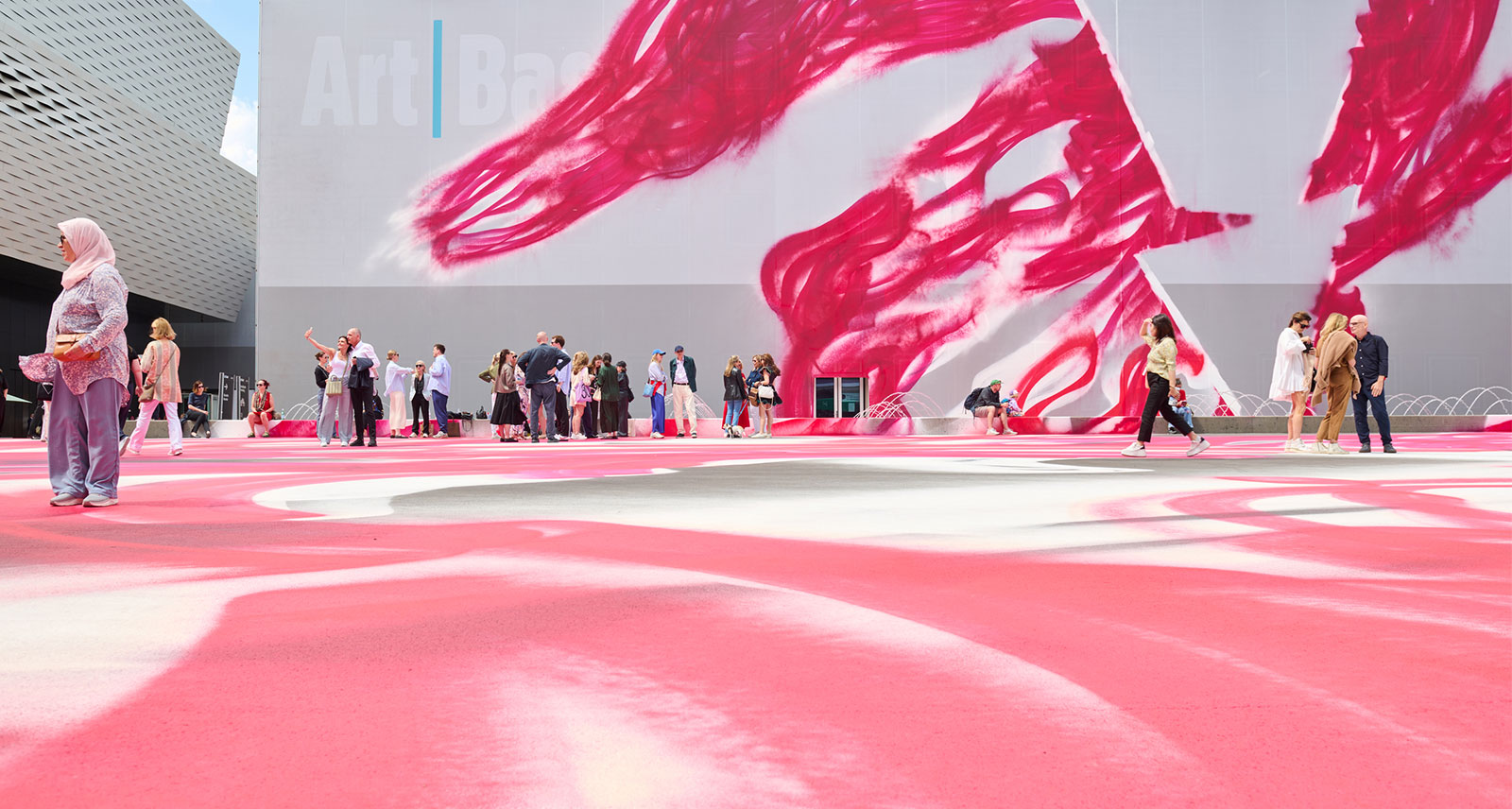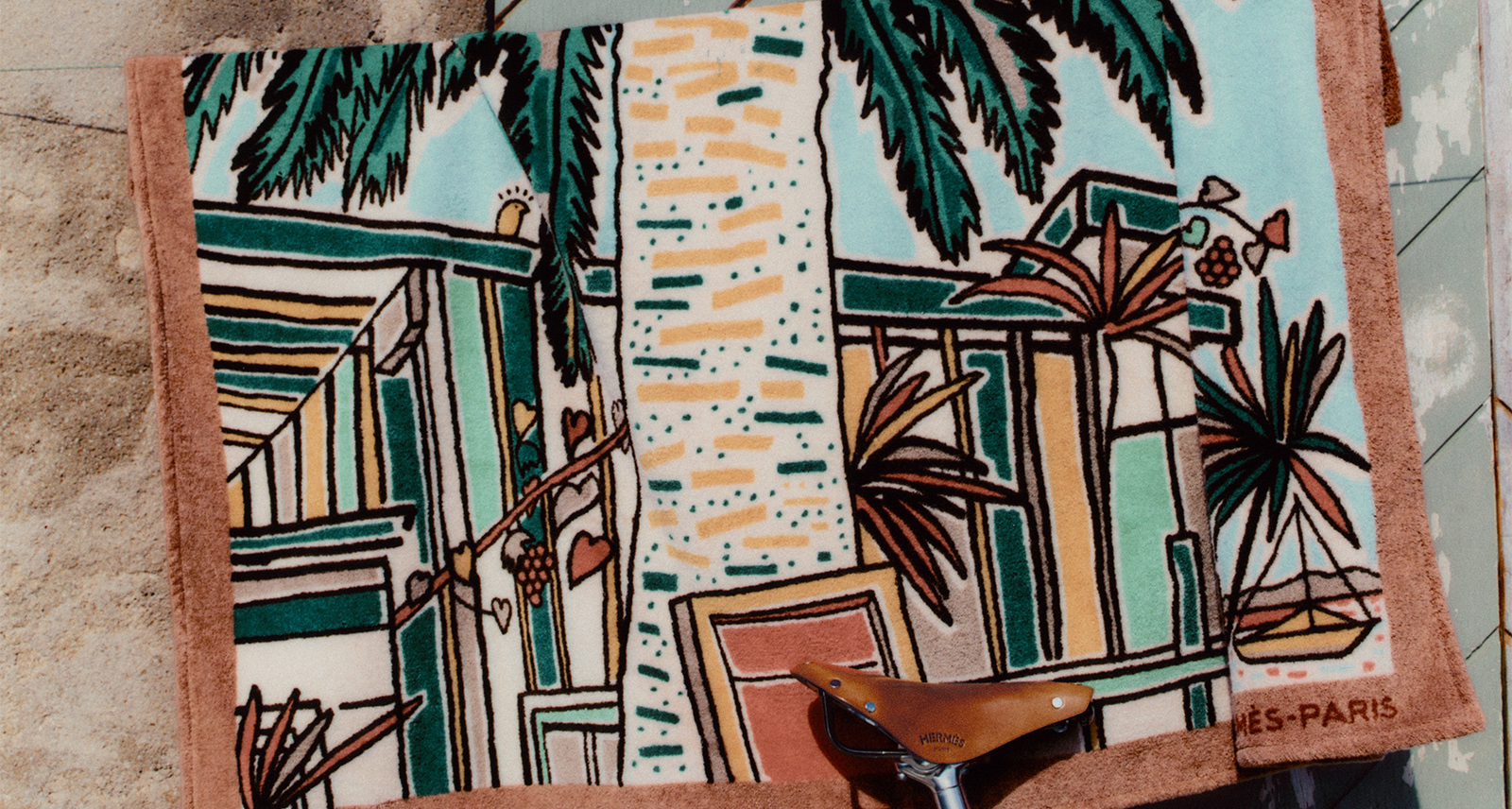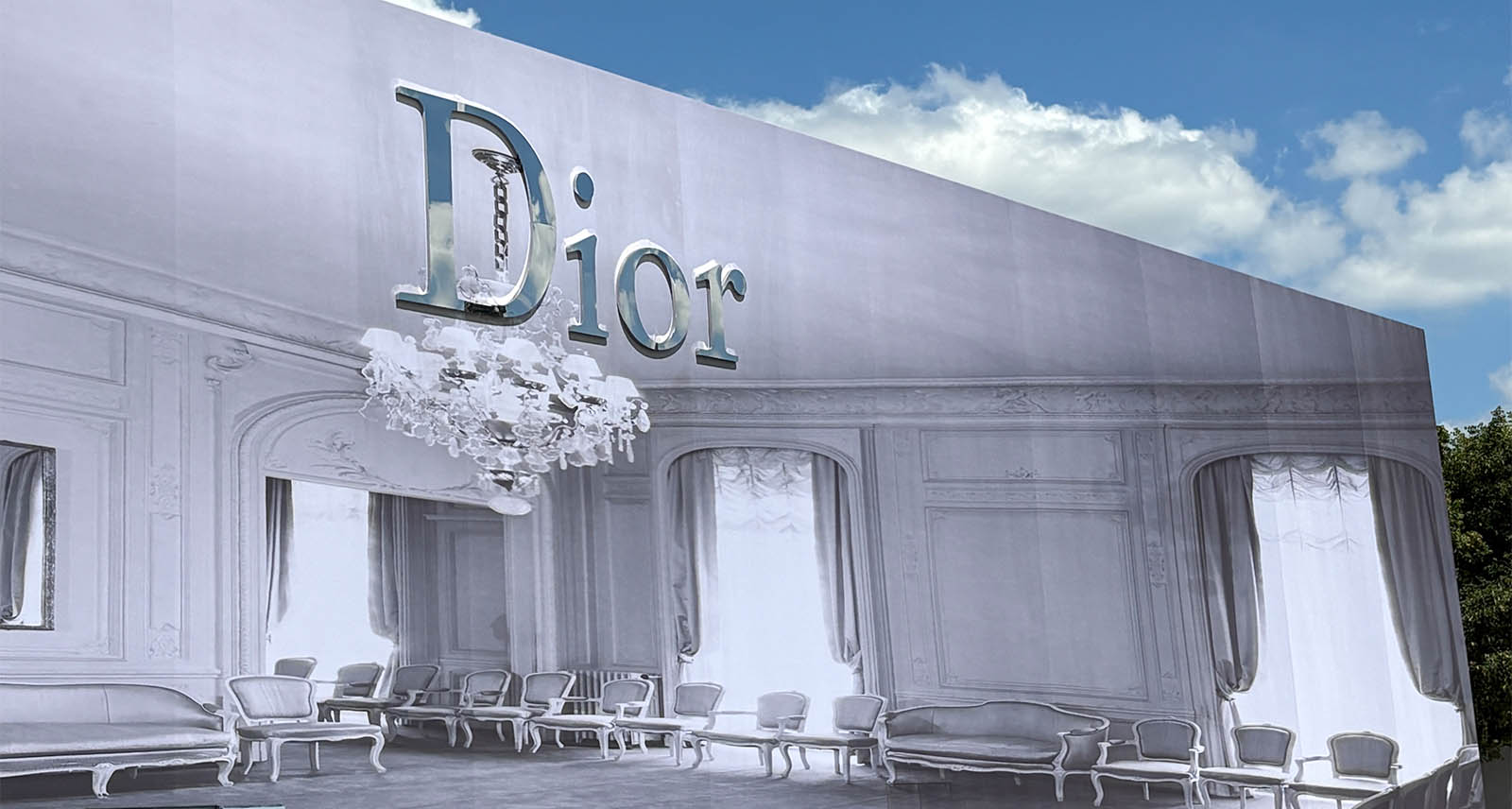Fatherhood: Falling Down
When we first kicked around the concept for this column—that I’d learn to do all the things a man should know, before my boy is old enough to realize I don’t know how to do anything—Zev was about a year old. The idea came from one of my deepest fears of fatherhood: If he’s going to play hockey, he’ll need to know how to skate…
Zev is four now, and I still haven’t stepped onto the ice. It is one thing for a young Canadian man to admit he doesn’t know how to build a log cabin, catch a salmon or dress a deer. But that he can’t play hockey—let alone skate…! The reasons I haven’t tried (other than it hurts to fall on your ass) aren’t that simple.
I grew up in Vancouver, where the culture of skating is different mostly due to lack of ice. I’ve used that as an excuse for most of my life. But I left Vancouver a long time ago, and the shame of never playing ice hockey has followed me closely.
As with most feelings of shame, I only half-jokingly blamed this on my dad. My dad had trouble skating as a kid because of some early ankle problems. And it was exactly that kind of thing—the perceived inadequacies of the father passed down to the son—that made us both a bit nervous when I brought up the concept of this column. I think we were watching hockey.
“So basically,” he said, handing me the chips as the whistle blew, “you’re going to be writing about how your crummy father never taught you how to do anything.”
“No,” I said, through a mouthful of Pringles. “That’s not it at all.”
And it wasn’t. There’s no one who’s taught me more manly things than my dad: how to spin a cue-ball, spin a yarn, chop wood, and snicker at hipsters even before they existed; whereas the things I’ve tried to learn for this column—driving racecars, flying planes, shooting guns and arrows—have been more about making people shake their heads, or giggle, the way my Dad and Zev do when I shoot myself in the foot (not literally fortunately, yet)—than about actually learning skills.
But the facts remain: I’m Canadian and I can barely skate. It’s got to be somebody’s fault, and I’d rather it not be mine.
Then, two things happened: Zev got a pair of skates and Paul Quarrington got a skating rink.
That first one doesn’t require much explanation. They were a present from his grandparents on his mother’s side and so there wasn’t much I could do to stop it. But Quarrington’s rink could do with some background.
Paul Quarrington was an author and musician. Like my dad, he was a brilliant writer, wonderful guy and one of my best friends. Zev will never know him. After a final year of writing, living and singing his cancer-ridden lungs out, he died just weeks before my son was born.
I’ve written about Paul before. And I always stop there. I mean I stop for weeks, too weak to step out there—on to the ice, thin or thick. Zevvy knows nothing of Paul, who was like a brother to me. But now that they’re naming a rink after the guy and Zev is learning to skate, I’ve got no choice but to tell him about Paul, and—damn it all—step onto the ice myself.
I start with the easy stuff. The stuff that doesn’t involve ice. The idea of writing stories for a living is no big deal to Zev. His grandpa does it, his dad does it, and so did his dad’s friend Paul. And soon we get to where I can quiz him on it: “What did Paul write about?”
“Hockey,” says Zev. “And Magic and Rock ’n’ Roll.” He says it smiling, because they’re three of his favourite things.
“And how did he do it?”
“He did it like magic. And also like rock ‘n’ roll.”
We’ve come up with this answer together, and he’s got it down. It’ll be years before I’ll read him Paul’s books. But they’re unveiling the rink in a week, so the time has come to stop all the fancy talk, rent some skates, lace them up, and… Holy crap! Turns out, I’m not that bad.
I can shuffle around, in a forward motion, and now suddenly I’m starting to remember… He did try to teach me! I can see us now: my dad in rental skates, picking me off the ice every time I fell. For my part, that of a kid who got into most sports pretty quickly, I think I just didn’t care enough to persevere in those cold indoor arenas—certainly not enough to have my sore-footed dad forcing me out there week after week in Lotus Land. Instead, we played catch in the street at twilight and street hockey in front of our house.
There’s no one left to blame. Over the next few days I build on my forward shuffle. I try to glide until I fall, then try it all again.
Dedication day. The Paul Quarrington Skating Rink: thanks mostly to our mutual friend, Dave Bidini. He knows what Paul meant to me, and so he lets me speak. But my boy’s at skiing camp with his mother—already learning new things— my dad lives on the other side of the country, and Paul, of course, is dead.
So I stand therein front of this crowd feeling very alone, wavering on borrowed blades, and try to read what I’ve written:
“How much I miss Paul is exacerbated by him never meeting my son. All the things my boy wants to do: play guitar, play hockey, catch sharks, woo women— Paul could have taught him. He was a musician and a magician, a bard and a boatman, a fisherman and a father. And one of the best storytellers there ever was. And he never stopped learning, or trying to get you out there to learn something too.
“I’ve heard debate as to whether the man could actually skate. Of course he could skate. If you were to believe him, he could barely write either. And he wrote some of the best skating scenes in English literature.
“I, of course, cannot skate. But I’ve heard only narcissists don’t want to learn new things. So a few times last week I rented skates and let myself fall. That was another thing Paul was good at—trying to do things he wasn’t very good at.
“And he would have loved all this: his friends and family out on the ice—gliding like magic, rocking, rolling and some, like me, landing on our asses. So if you see me fall, please pick me up. That’s what Paul would have done.”
It was too cute a line to finish with. Paul would have seen that. So would my dad, who’s always been my best editor. And now it’s the image of my dad, not Paul, who I have in my head, picking me up after falling on my ass. And I am a little boy.
The paper I’m holding is too heavy, too hot. I want to let it drop from my hands and burn through the ice, then sink down after it into the hole. I wish my boy were here. So he could fall and I could pick him up. That, I guess, is the real cycle of life: those you love help you, by letting you pick them up.
But none of this is part of my speech. It feels like I stopped talking a long time ago, and now I’m just looking at Paul’s daughters and their mother. I want to be a skater and not a writer, and to be with my whole family. Like they want to be with theirs.
I stagger forward and we step onto the ice.
